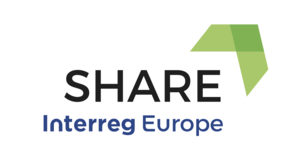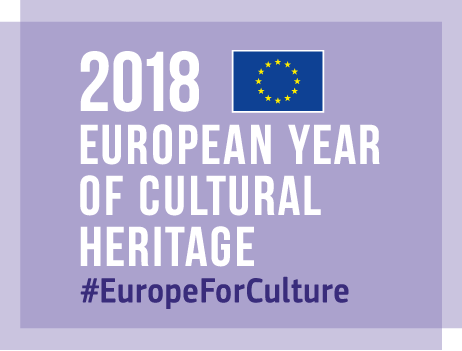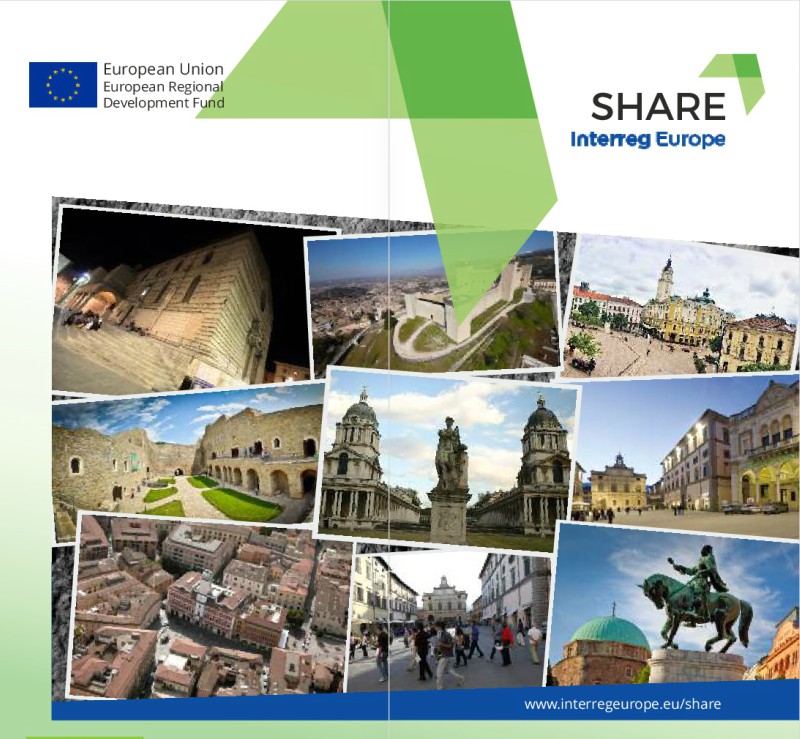As SHARE’s one-year extension begins, the project’s advisory partners Dr Hai Nguyen and Professor Andres Coca-Stefaniak of the University of Greenwich, in collaboration with a Dr Junxiong Li, based at the University for the Creative Arts, have just published a research article entitled "Understanding post-pandemic travel behaviours – China's Golden Week" in the prestigious Journal of Hospitality and Tourism Management. The research breaks new ground on a topic that the SHARE project will be exploring further over the next 12 months at pan-European level – how do holiday intentions compare with reality (actual behaviours) among domestic tourists during and after a major pandemic such as COVID-19?
The research performed for this article was carried out in China with Chinese residents during the October 2020 Golden Week national public holiday at a time when most of the Chinese government restrictions on movement brought by the pandemic had been lifted.
The research survey carried out as part of this study analysed people’s decisions in favour or against travel, motivations to travel, means of travel, as well as changes in terms of travel duration, travel distance and spending.
The results of the study show that although 60% of people said they intended to travel somewhere during the holiday, only 50% of them actually did and half of those travelled by car avoiding other transport options (e.g. train, flights) that involved close proximity to other people. A good proportion (36%) of those who decided to travel were from smaller households. Educational attainment and household income were also found to be key factors influencing people’s decision-making process.
As part of this research, a classification of three types of travellers has been created in the context of the COVID-19 pandemic. This classification will help policy makers and tourism destination managers plan for the recovery of the tourism sector after the pandemic with destination marketing campaigns that can be focused specifically on these different types of potential domestic visitors.
SHARE will launch and promote a similar survey this autumn, to be conducted online in the national languages of the project partner states, and guided by the advisory partner. The research is part of the activities planned to help those managing cultural heritage destinations keep them accessible, sustainable and resilient in the post-COVID new normal.
The article can be accessed free of charge until 30th October; after that date, access to the article will be restricted to subscribers to the Journal of Hospitality and Tourism Management.






